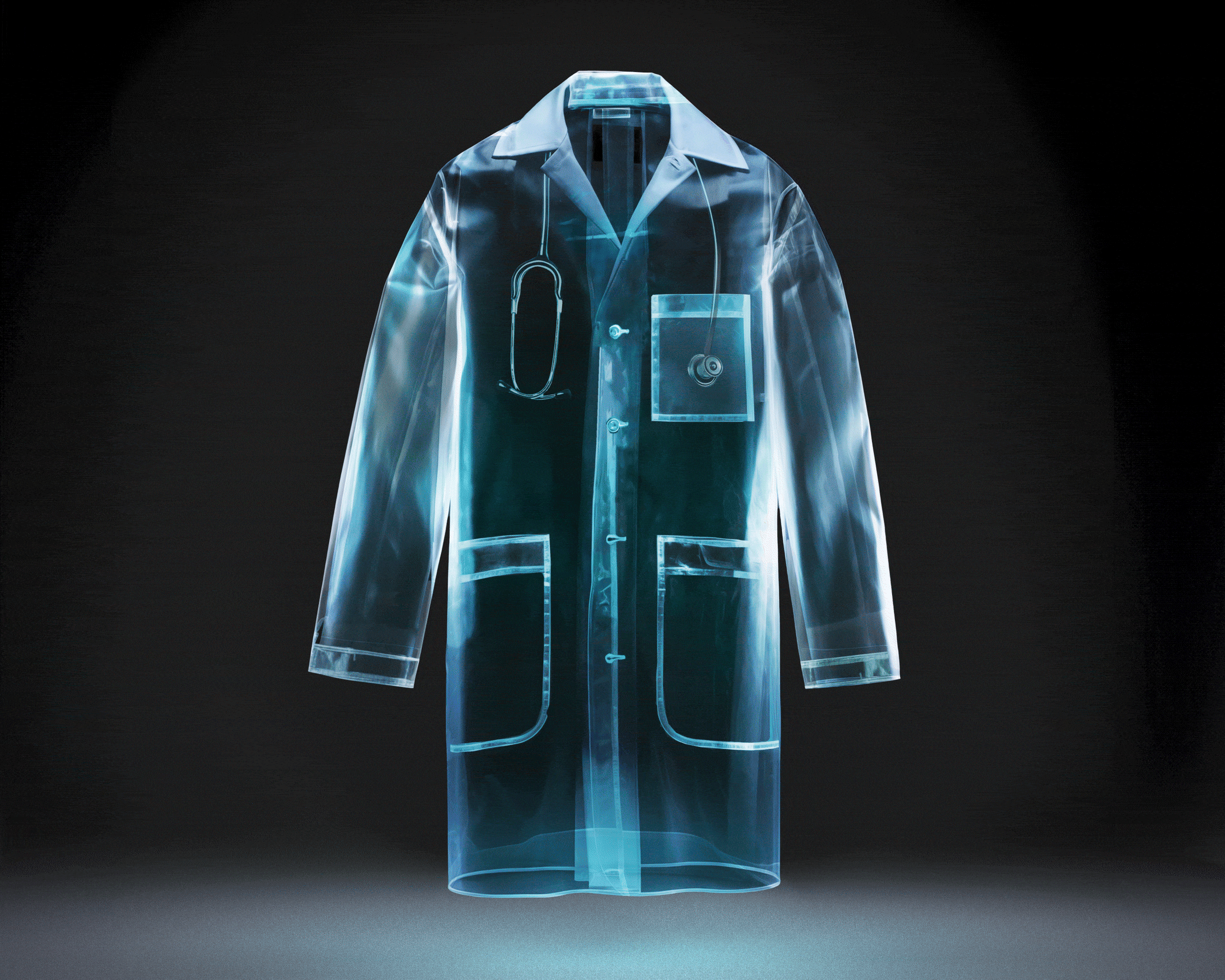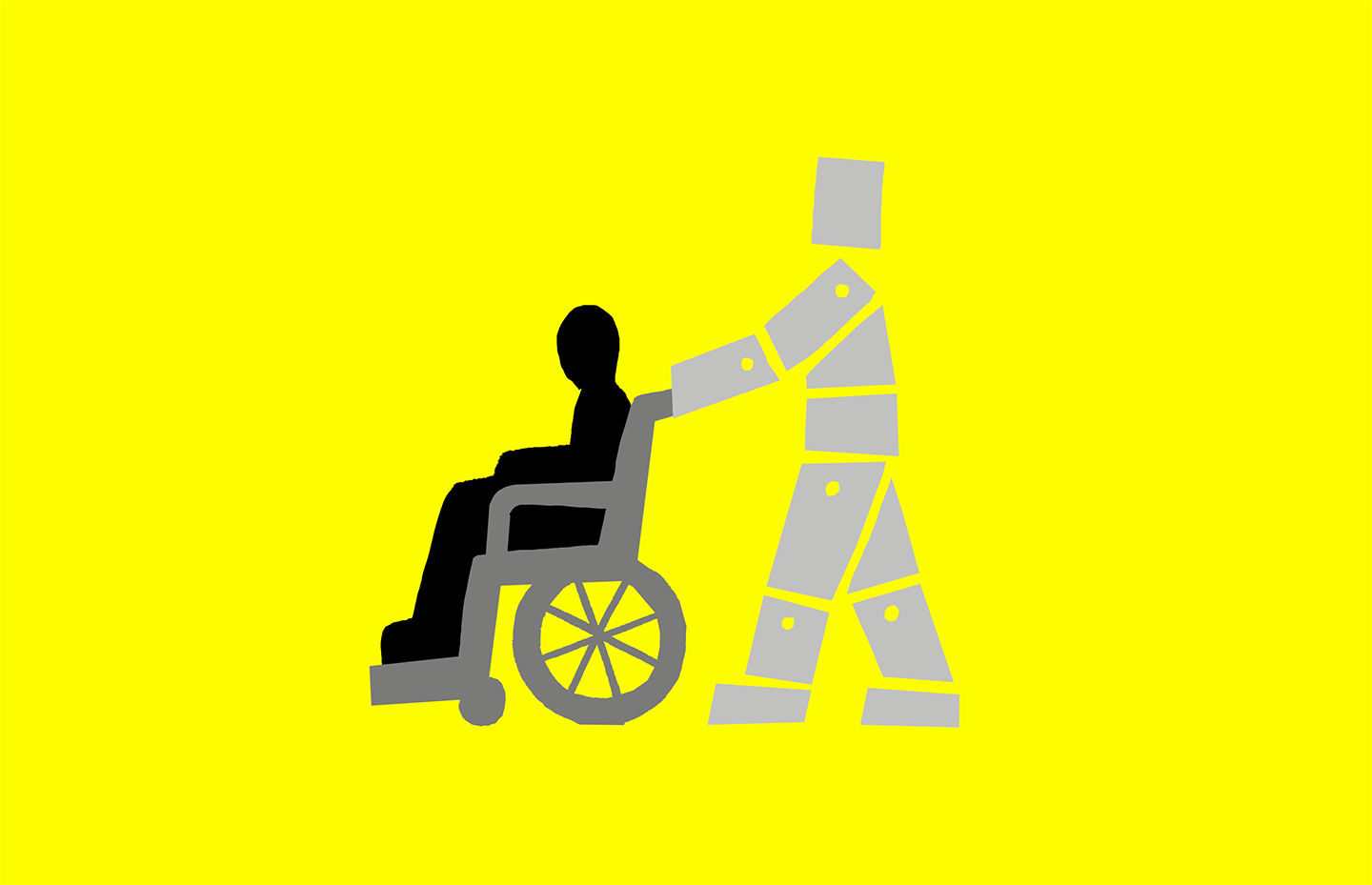The aspects that make them most creative may also be their biggest risk.
Thanks to entrepreneurs, you are healthy enough to read this article today. Pfizer’s partner BioNTech and the company Moderna—whose vaccines now protect us against COVID-19—were both small, agile startups when the pandemic broke out, barely ready for the heroic, historic missions that were thrust upon them. We can also thank entrepreneurs for progress in confronting climate change.
Tesla founder Elon Musk’s moonshot electric roadster undermined the entire fossil fuel hegemony of global vehicle manufacturers, while other of his innovations herald the dawn of space travel and settlement, with ronow recket ships and boring equipment that can enable off-planet living. But Musk has autism and bipolar disorder, which he openly discussed on Twitter and Saturday Night Live. Green entrepreneurs who “think different” because of predispositions to conditions like bipolar disorder and autism launch programs and technologies that collectively provide our best hope for large-scale climate solutions. So, while entrepreneurs protect our health and the health of the planet, who is concerned about protecting them?
We should all be. Entrepreneur brain health matters to all of us, and therefore we all have a stake in the health, the brain health, and the mental health of entrepreneurs.
Entrepreneur brain differences—including genetically transmitted personality traits that affect brain functioning—give business founders their unique abilities to bring prosperity, create new jobs, build economic resilience, and achieve competitive advantages. Entrepreneurs make a difference because of their unique brain-based mental health profiles.
While most people can hold a job, very few people can start and grow a business. Entrepreneurs—people who are self-employed with or without employees—constitute only 10 percent of the workforce, yet including those they hire, they create 30 percent of American jobs. Entrepreneurs are our economic first responders during shock periods, and in average years they create 80–100 percent of all new jobs.
Different kinds of minds
While most of us have what can be called typical neurological function, entrepreneurs tend to be neurodivergent. Opportunity entrepreneurs, who pursue entrepreneurship in order to find and exploit opportunities, have a different kind of mind. (This may not be true with necessity entrepreneurs—people who were unemployed before starting their businesses and would prefer to hold a suitable job). The neurodivergence of opportunity entrepreneurs infuses the secret sauce that allows them to create value and economic resilience. How? By empowering them to deploy their innate creative capital.
We now recognize that the value of creative capital exceeds that of “traditional capital” such as money, land, and raw materials.
“Creative capital” refers to the almost superpower-like abilities that entrepreneurs use to create growth, jobs, and prosperity—like the power to innovate or improvise, the proclivity for fluid intelligence and impulsivity, leadership ability, and the possession of inherently high levels of energy, motivation, perseverance, enthusiasm, sociability, and openness to experience. These traits reflect intrinsic, brain-based propensities, proclivities, and biological response styles that are about 50 percent genetically transmitted and cannot be produced by education and other human capital investments. Neurodiversity produces entrepreneur creative capital, and we now recognize that the value of creative capital exceeds that of “traditional capital” such as money, land, and raw materials.
The price of genius
But it comes at a cost. Innovation-killing mental health conditions like panic attacks, depression, and burnout are prevalent among entrepreneurs, and the emotional impact of traumatic entrepreneurship events (financial stress, lawsuits, bankruptcy, key employee defections, and failure to find product–market fit) regularly derails company founders. Entrepreneur mental health derailment, in turn, causes ripple effects that radiate through their entire business ecosystem. Founding team members, employees, suppliers, channel partners, customers, and investors are all affected when entrepreneurs mentally stumble.
Virtually 100 percent of entrepreneurs experience consciousness-numbing stress and flashback-inducing adverse or traumatic events that would test the emotion-regulation capacity of even the most resilient among us. Imagine the psychological impact of borrowing money from friends and family and then launching a business that fails. Now, consider this: Most startups fail. Fully 75 percent of all venture-backed startups do not return their investors’ capital. Entrepreneurs are typically smart risk takers who qualify for great jobs which they are reluctant to accept because of their need for autonomy and related neurodivergent personality traits. While we depend upon the fruits of their penchant for personal risk, most entrepreneurs do not fare as well as comparably educated employees at other companies, and those who go bankrupt must often endure shame and humiliation coupled with major life setbacks. Debt, hopelessness, and depression often follow. People with significant debt report more suicide attempts than are those without such burdens.
In addition to symptom-inducing stress and trauma, 38 percent of entrepreneurs experience genetically transmitted brain health challenges such as depression, ADHD, bipolar spectrum conditions, anxiety, and substance use issues. Three percent of entrepreneurs report making suicide attempts (the general population incident is about 0.9 percent) and 1.7 percent have had a history of psychiatric hospitalization. Many entrepreneurs with a mental health condition are likely to have more than one, and some have two, three, four, or even five co-occurring mental health diagnoses. Furthermore, the asymptomatic lucky ones who benefit from positive mental health traits without the negative mental health symptoms, tend to come from highly symptomatic families. The creativity and innovativeness found among entrepreneurs and their creative-class kindred is closely linked to psychopathology. Whether entrepreneurs depend upon their mental health differences, their neuro-vulnerabilities, their psychopathologies and their offsetting neuro-superpowers to originate and grow ideas, products, and companies is not clear. What is clear, however, is that the entrepreneurial baby and the mental health-challenged bathwater seem to be inseparable.
The brain health safety net
While entrepreneurs oxygenate the lifeblood of our innovation economy, from time to time they require their own life support, and precious few resources are in place to catch them when they fall. The tragic deaths and suicides of pathbreaking business builders like fashion designer Kate Spade, Zappos CEO Tony Hsieh, Canadian banker George Gosbee, and Reddit co-founder Aaron Swartz remind us that when entrepreneurs experience isolation, entrapment, hopelessness, humiliation, and failure, their underlying vulnerability may be triggered in ways that lead to catastrophic outcomes.
So how can we weave a brain-health safety net for entrepreneurs that reflects their neurodiversity and addresses their pain points? One approach is to build emotionally intelligent innovation ecosystems that prevent the pain from occurring in the first place, by destigmatizing entrepreneur mental health differences, by promoting entrepreneur mental wellness, and by providing entrepreneur-centric behavioral health care resources. Happy entrepreneurs are more mentally well, more emotionally stable, and more likely to launch, grow, and sustain businesses. They are less likely to do so when they are preoccupied with negative emotions.

Many entrepreneurs live at or near the poverty level during their entrepreneurial journeys, and the precariousness of their situation, the so-called “liability of poorness,” interferes with their ability to create growth. The consequences that ensue from creative precarity are much worse when social and emotional safety nets are absent.
Things are different, however, when social and emotional safety nets are present. They have been tested and their efficacy has been demonstrated. For example, unemployment insurance for the self-employed may help to mitigate the innovation-killing worry, stress, and hopelessness associated with precarity. The efficacy of this approach is seen in the results of large-scale reform of French unemployment benefits, which includes an entrepreneur unemployment insurance program, which provides money to out-of-work self-employed people in the same way that traditional unemployment provides money to workers who lose their jobs. This entrepreneur unemployment insurance program significantly increased the birth rate of startups without reducing the quality of new companies, while producing employment growth, productivity, and firm survival rates comparable to pre-reform firm characteristics. Other broad social policy interventions are designed to reduce innovation-killing emotions like fear, hopelessness, and boredom. These policies succeed by reducing crime, corruption, housing insecurity, and environmental degradation. As a result, they make it easier for entrepreneurs to create jobs and growth.
Good health insurance and access to mental health services can also help to prevent and mitigate the adverse consequences of poor entrepreneur mental health. Most entrepreneurs have three or fewer employees, which makes them ineligible for cost-effective, high-quality health plans in the United States, particularly in states that elect not to expand Medicaid under the Affordable Care Act. Lack of health insurance coverage adversely affects business outcomes, whereas health care availability has a robust pro-growth and pro-self-employment impact.
Many active entrepreneurs innovate best while wandering around their habitats—mentally or physically—or migrating to new ones.
Entrepreneur-centric health insurance should cover enriched health and mental health benefits for the self-employed, and it must be complemented by easily accessible behavioral health care services. Scalable early and periodic screening, detection, and referral or treatment systems are one possible avenue towards achieving this objective. The clinical efficacy of such interventions has been demonstrated in pilot projects sponsored by the World Bank and academic centers in places ranging from Pakistan and West Africa to New Zealand and the United States.
Finally, let’s not expect pioneers to thrive in cities and regions designed for settlers. Entrepreneurs tend to be energized, hyperactive, curious, social, goal-focused, rule-breaking “hunters in a farmer’s world” with atypical sleep-wake cycles who are hard to confine to an office or a schedule. In the tradition of nomads and big game hunters whose individual hyperactivity conferred group adaptive advantage, many active entrepreneurs innovate best while wandering around their habitats—mentally or physically—or migrating to new ones. Wandering, a physical act which facilitates a parallel mental mind-wandering, allows novel and creative solutions to emerge from the otherwise less accessible imagination of the wanderer while also promoting social capital formation and cardiovascular fitness. Regions can amplify the conditions that allow entrepreneurs to thrive by making innovation ecosystems greener, bluer, more interactive, more inspiring, more adventurous, more social, and more playful.
Entrepreneurs take care of us—with the jobs they create, the recessions they fight off, and the innovations they develop that improve (and sometimes save) countless human lives. Shouldn’t we take care of them as well? Entrepreneur health, brain health, and mental health matter not just to the entrepreneurs, but to all of us. By strengthening the entrepreneur mental health safety net, we strengthen our own safety net as well.












